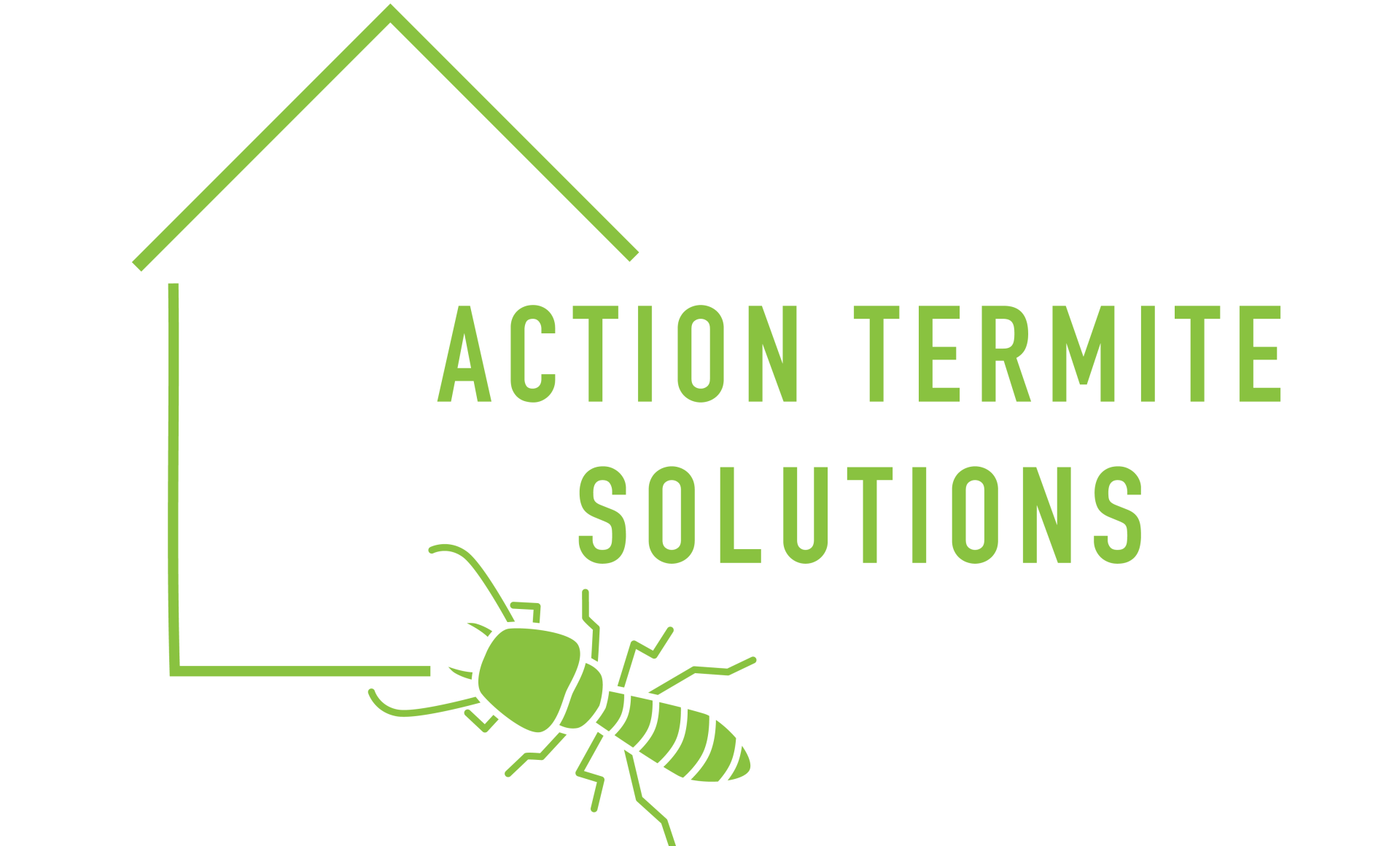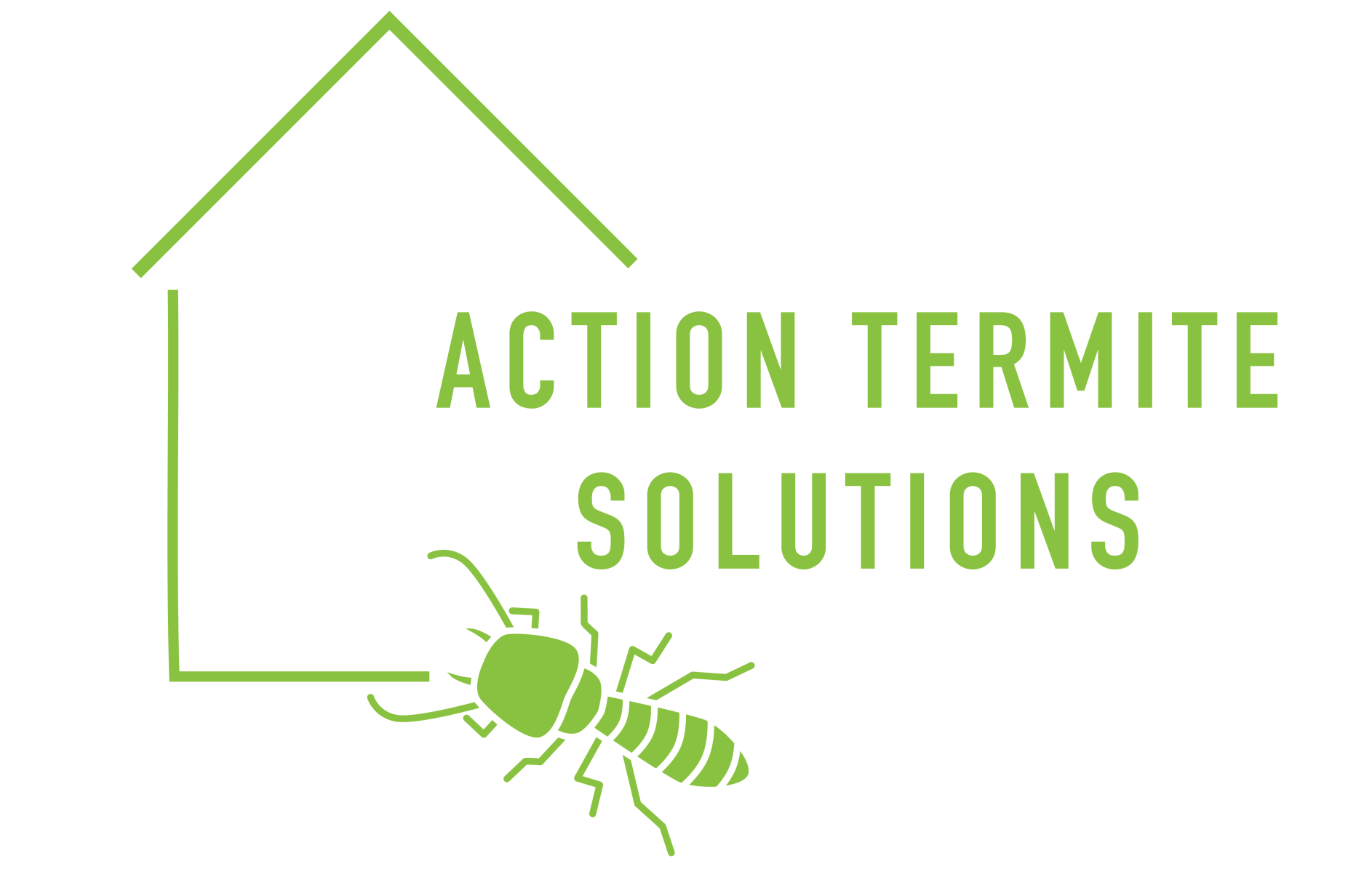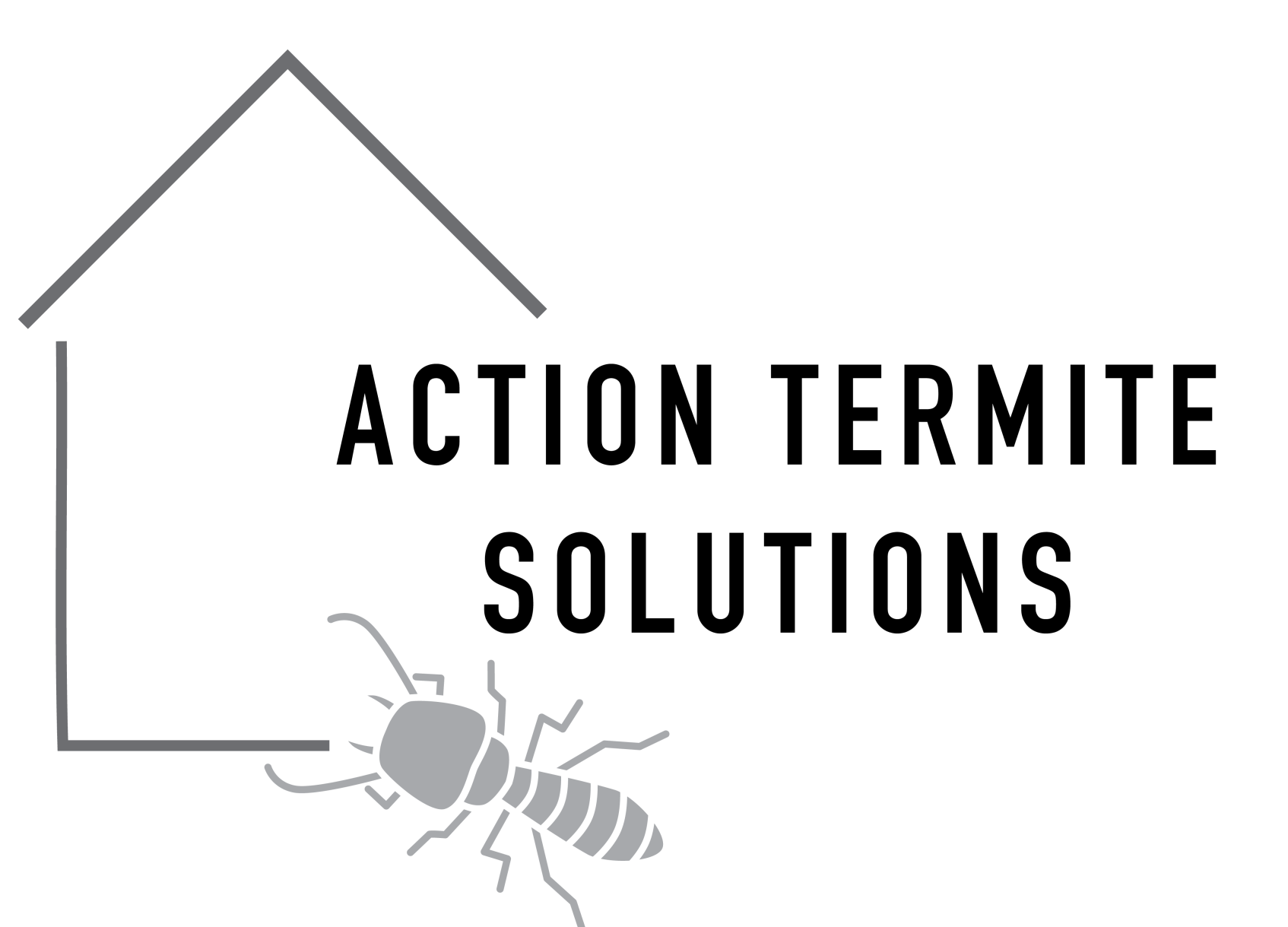interest free payment plans available for our Termite Treatment System
Book a free external property risk assessment
As a home owner, there is an abundance of things you can do yourself around the house to avoid a concealed termite attack. We would love to educate you on the risks associated with your home and provide you with the right tools to get you moving in the right direction.
Book a free external property risk assessment
Termite Inspections Sunshine Coast
As a home owner, there is an abundance of things you can do yourself around the house to avoid a concealed termite attack. We would love to educate you on the risks associated with your home and provide you with the right tools to get you moving in the right direction.
Our Termite Services
Action Termite Solutions specialise in eco-friendly termite control. Although there is a time and a place for chemicals we are doing our best to make a positive change in the way we treat and prevent termite infestations.
-
Annual Termite Inspection
Request A QuoteWe recommend that you have a pest inspection, termite inspection or timber pest inspection every 12 months. Annual termite inspections for a 2 bedroom property start from $149.
-
Termite Control & Treatments
Request A QuoteThe average cost you should expect for a termite management systems is between $1500 - $5000. To get the process started simply request a quote below. Our friendly technicians will provide you with a no obligation free quote.
-
Annual Termite Inspection
Request A QuoteWe recommend that you have a pest inspection, termite inspection or timber pest inspection every 12 months. Annual termite inspections for a 2 bedroom property start from $149.
-
Termite Control & Treatments
Request A QuoteThe average cost you should expect for a termite management systems is between $1500 - $5000. To get the process started simply request a quote below. Our friendly technicians will provide you with a no obligation free quote.
-
Pre-Sale Termite Inspection
Request A QuoteA pre-sale termite inspection involves our licenced pest control technician attending your property to conduct an extensive internal and external visual inspection to provide you with a clear report you can provide to your agent outlining what was found. Read more on the Blog
Termite Inspections
Sunshine Coast
Wondering who is best for termite inspection on the Sunshine Coast?
A termite inspection involves a qualified and experienced technician visiting your property to carry out a visual inspection of accessible areas to identify evidence of any current termite activity, assess your property risks and identify key recommendations for you to keep your property safe. The best person to conduct a termite inspection is someone who specialises in termites and termite behaviour. Our technicians have deep knowledge and understanding of termite behaviour, what to look for and how to assess your property risks. You'll receive a detailed written report on any conducive conditions to termite activity, risks and recommendations.
Termite Treatments Sunshine Coast
Protect your biggest asset - your home
A house is typically the greatest investment of our lifetime and termite damage is such high risk that home insurance specifically excludes it for coverage. With that in mind, it is critical to take appropriate action to protect your asset. Often called White Ants due to their colour, Termites are actually related to cockroaches. Both are amongst the most adaptive and longest living species on the earth. There is a single Queen that may live for up to 50 years and is capable of producing tens of thousands of eggs each day, a shorter lived and replaceable King, Soldiers, Workers and Alates (winged reproductives that swarm each year to start new colonies).
We install and support Sentrex systems for termite detection and eradication. Sentrex system is the most advanced and reliable long-term protection available for your property. Developed in consultation with the CSIRO for Australian conditions, we guarantee product performance and offer friendly and professional field service.
We are passionate about preserving soil biodiversity and the millions of micro-organisms and insects that live in the soil. To make our contribution we do not use liquid chemicals or foams when treating termites to help preserve life underground in order for a sustainable future. Our termite treatment system is designed to wait passively on guard until termite activity approaches and uses the natural feeding behaviour of the termite to destroy the colony while minimising impact to the wider soil biodiversity.
Common myths about termites
There are around 350 species of Termites in Australia, but less than 10 varieties are serious pests
Subterranean termites build galleries or tubes underground. They radiate from the nest and forage at random usually travelling close to the surface where soils are softest for tunnelling and where food sources are found. Termite food is cellulose, found in timber, cardboard and paper products. When food is located they emit scent pheromones that are detected and enhanced by others, thereby attracting large numbers to the source.
GET IN TOUCH
Caloundra & Maroochydore
Glenview, Mooloolah Valley & All Other Sunshine Coast Areas
0488 287 987
Glenview, Sunshine Coast
Queensland
STAY CONNECTED
Join our newsletter and find out more
Contact Us
Thank you for signing up for our newsletter.
Keep an eye out in your inbox for future newsletters.
Oops, there was an error accepting your email address.
Please try again later, or contact us.
All Rights Reserved | Action Termite Solutions
Website by Saltwater Digital





